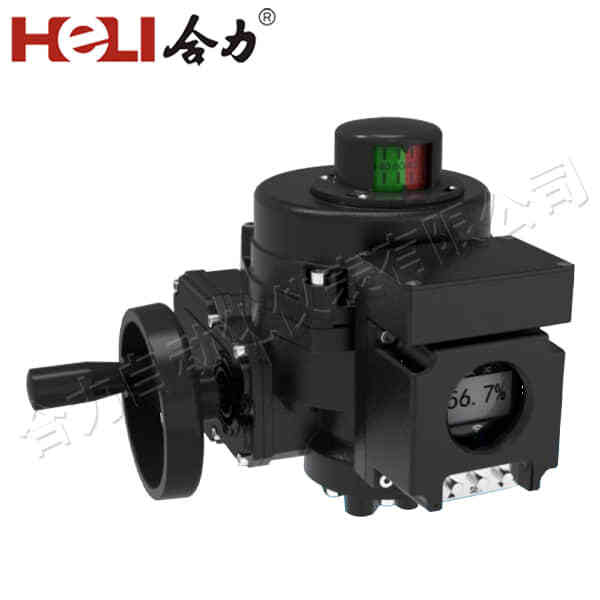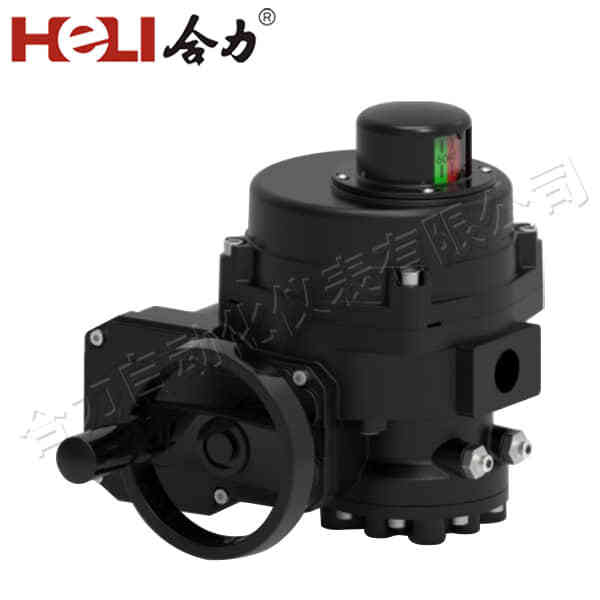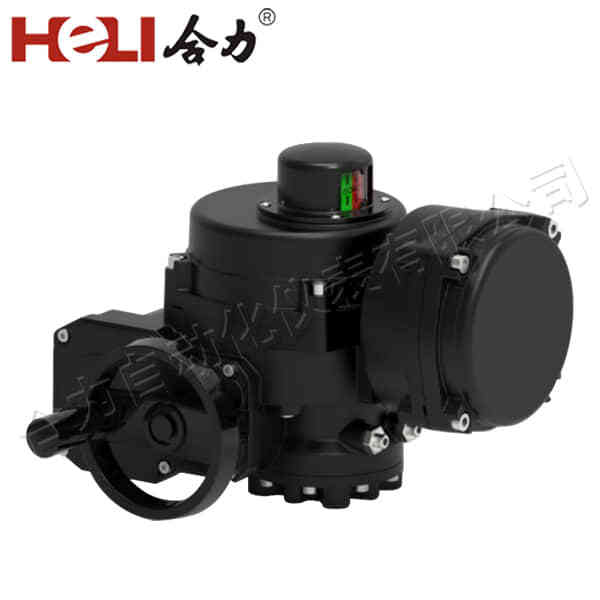In industries where hazardous materials are processed or stored, such as oil and gas, chemicals, and pharmaceuticals, safety is a top priority. One critical aspect of safety is the design and installation of explosion-proof electrical systems. Explosion-proof electrical installations are vital in preventing electrical equipment from igniting flammable gases, vapors, dust, or fibers, which could otherwise lead to devastating accidents. This article explores the importance of explosion-proof electrical installations, the standards that govern their design, and the benefits they offer in high-risk environments.

What is Explosion-Proof Electrical Installation?

Explosion-proof electrical installation refers to the setup of electrical equipment and wiring designed to contain any sparks, heat, or arcs that could occur within the equipment in a hazardous area, preventing them from igniting flammable substances in the surrounding atmosphere. Such installations are often found in industries where volatile substances are present, including petroleum extraction, chemical processing, food production, and waste treatment facilities. In explosion-proof installations, specialized enclosures and components are used to contain any potential explosion that may arise from the electrical system, ensuring that these incidents do not propagate into the surrounding environment. The goal is to safeguard both personnel and equipment, while ensuring uninterrupted operation in volatile environments.
